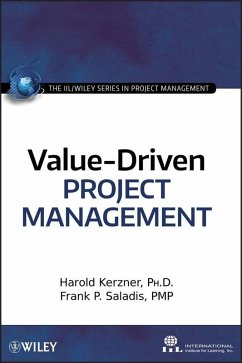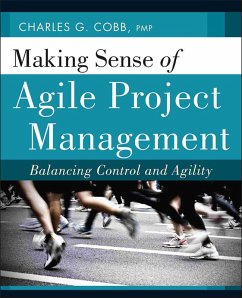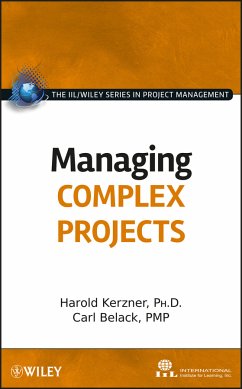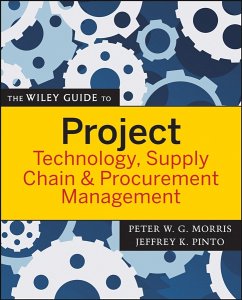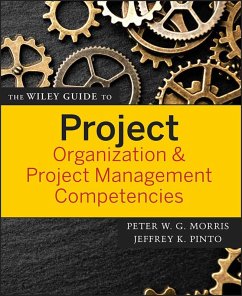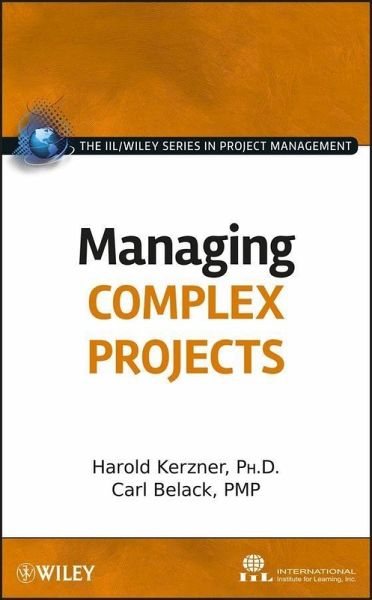
Managing Complex Projects (eBook, PDF)
Versandkostenfrei!
Sofort per Download lieferbar
39,99 €
inkl. MwSt.
Weitere Ausgaben:

PAYBACK Punkte
0 °P sammeln!
The application of project management techniques is considered standard practice in today's business environment. What is not widely known is that the learning gap separating good project management from exceptional project management is not as great as one might think¿yet, the difference in the return on value can be quite significant. Many factors determine how projects are approached, such as rapid shifts in technology, a fluctuating market, changes in a business's organizational structure, and politics. As these forces add to a project's complexity and duration, project managers must deve...
The application of project management techniques is considered standard practice in today's business environment. What is not widely known is that the learning gap separating good project management from exceptional project management is not as great as one might think¿yet, the difference in the return on value can be quite significant. Many factors determine how projects are approached, such as rapid shifts in technology, a fluctuating market, changes in a business's organizational structure, and politics. As these forces add to a project's complexity and duration, project managers must develop strategies that allow them to think outside the box and create new on-the-go methodologies.
Managing Complex Projects delivers the tools necessary to take on an unpredictable economy with an adaptable battle plan proven to meet the differing needs of an ever-expanding set of partners and stakeholders involved in a project. This book shows how to solve some of the issues facing today's project manager, including:
This book shows how companies such as IBM, Hewlett-Packard, Microsoft, and Siemens are exploring new avenues to aid them in taking on complex projects by combining "hard" skills, such as risk management and scheduling, with "soft" skills that focus on interpersonal communication. Managing Complex Projects serves as a lifesaver for time-crunched project managers looking for new ways to maximize their efforts.
Managing Complex Projects delivers the tools necessary to take on an unpredictable economy with an adaptable battle plan proven to meet the differing needs of an ever-expanding set of partners and stakeholders involved in a project. This book shows how to solve some of the issues facing today's project manager, including:
- Dealing with multiple virtual teams located around the world
- Working with partners and stakeholders that may have limited project management tools and experience
- Adjusting to long-term projects in which the stakeholders may change
- Managing projects where stated goals and objectives differ among stakeholders
This book shows how companies such as IBM, Hewlett-Packard, Microsoft, and Siemens are exploring new avenues to aid them in taking on complex projects by combining "hard" skills, such as risk management and scheduling, with "soft" skills that focus on interpersonal communication. Managing Complex Projects serves as a lifesaver for time-crunched project managers looking for new ways to maximize their efforts.
Dieser Download kann aus rechtlichen Gründen nur mit Rechnungsadresse in D ausgeliefert werden.






